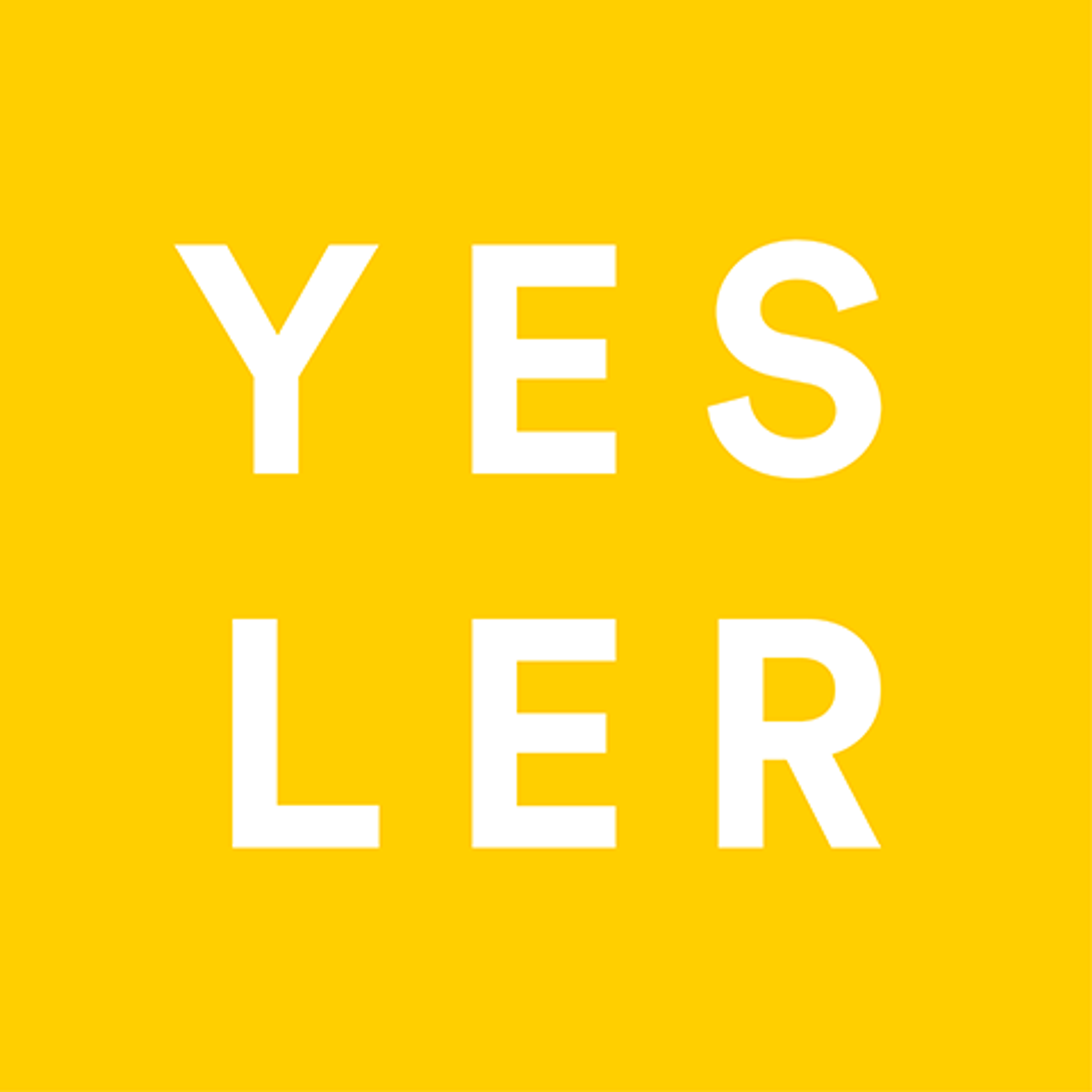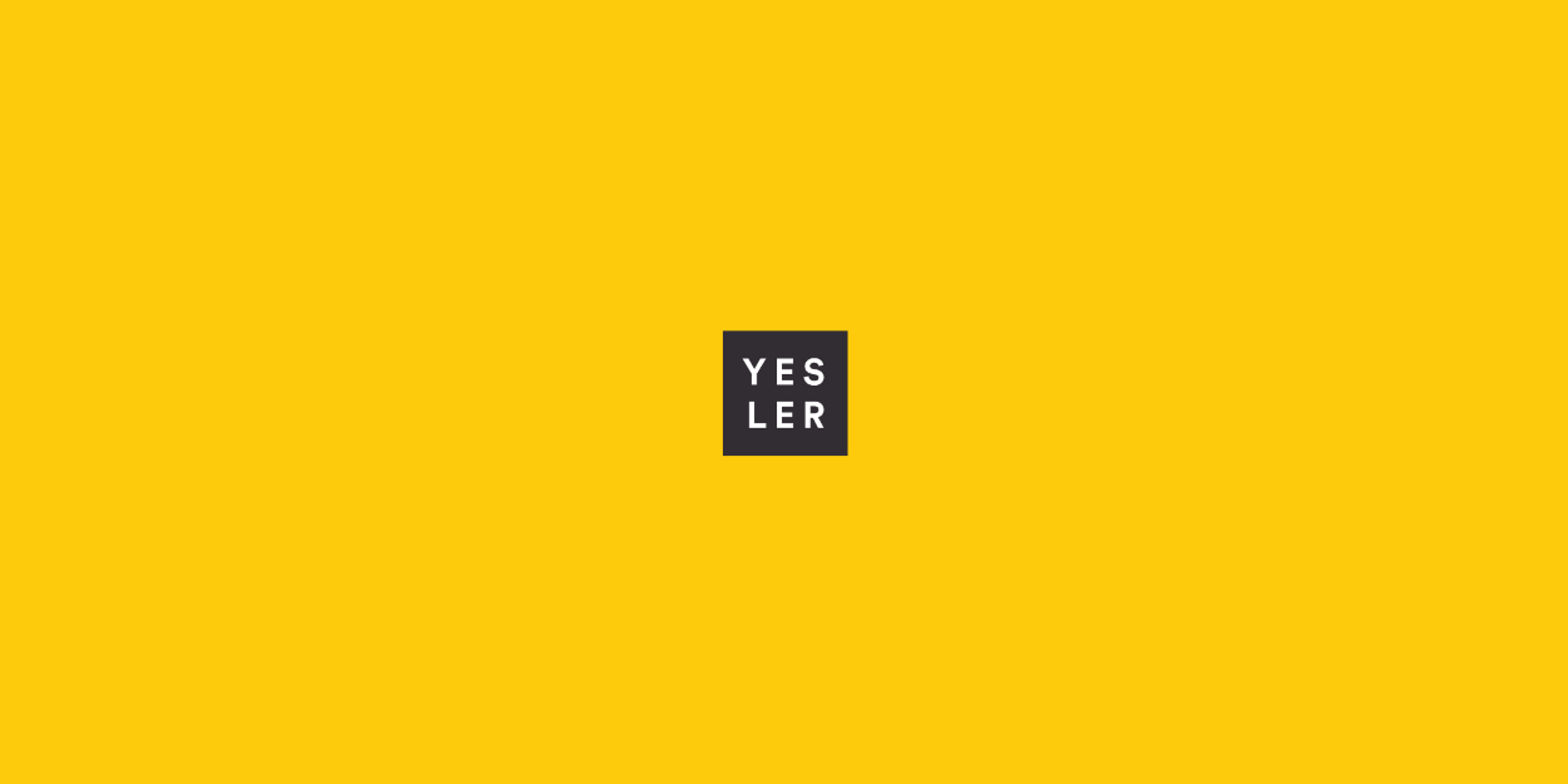Yesler Marketplace (a Web Application) aims to improve communication between buyers and sellers and helps organize & aggregate all relevant information in one place. The platform enables buyers to make purchase requests, receive quotes from Sellers, negotiate, and confirm purchases. Each week, millions of dollars worth of lumber and panel transactions are negotiated and executed, streamlining and organizing the often chaotic process of replenishing inventory.
Challenges
🤝 Collaboration
The current ways of communication around a transaction is spread between emails, text or phone calls. Between these mediums, they lose track of what is committed to whom and spend more time tying out loose ends.
💻 Technology Adoption
We realized through customer interaction that there is an inherent fear / reluctance to adopt new technology amongst those who are involved in a transaction.
✅ Establishing trust
In order to operate in the LBM industry, there was an unwritten trust and verification process that involved both parties exchanging financial information and verification. This caused friction for both parties involved.
🔍 Discoverability
The LBM industry works based on long standing relationships. While this is great for established players, new players within the ecosystem found it difficult to navigate the industry.
😕 Multiple Touchpoints
Each LBM buyer/seller had a very custom operational process in terms of - inventory management, quote and order fulfillment, invoicing and payment processing which were all managed through different systems (manual or digital).
Solution
Single source of truth for communication and transactions for buyers and sellers - a powerful messaging platform that allows conversations, product exchange and transactions to happen in one place
Expand business opportunities for buyers and sellers - a storefront with ability to add and manage inventory; socialize their profile page (digital identity) with their network
Ease of adoption - ensuring the solution remains closer to their current ways of work
Role
As the only Product Designer (Founding Product Designer) at an early stage startup, I worked closely with CEO, CTO, Product Manager, Sales Leader, 4 Engineers and some of our key pilot customers.
Actively shaped Product capabilities definition, led & delivered end-to-end designs for the following products that were part of Yesler Marketplace:
Transactions
~12 weeks
Onboarding
~4 weeks
Dashboard
~3 weeks
Storefront & Inventory Management
~8 weeks
Subscriptions
~2 weeks
Design Principles
With a startup trying to attain product market fit, we wanted to be cognizant of the trade offs that were in front of us - strike a balance between speed and integrity of experience for our customers. I partnered with our CTO and PM to align on the following product principles that would underpin our product development.
👑 Meet where the customers are
Ensure customers are met where they are in their technology journey - reduce change in their processes to ensure they can onboard, adopt and derive value quickly
🙌 Simplicity trumps sophistication
Focus on core pain points in a manner that directly speaks to the customers. Kill unwanted sophistication even if it addresses future needs
❤️ Inclusive
Target personas had high variance with respect to technology exposure. Our goal was to keep designs as inclusive as possible to ensure that it worked for majority of our users.
Process
Understanding the problem space
We got a good sense of the problems to be solved wrt executing orders in the LBM industry viz., ability to connect with buyers and sellers, exchange (structured and informal) information, perform transactions all in one place - their current methods and processes spanned multiple systems and important information fell through the cracks.

Leveraging Industry Expertise
Talking to our founders (who are LBM industry veterans) and discussing with a handful of current industry players helped us better understand the pain points and the overall business context.
Due to the context of the company, capacity, time and fluidity of business, we did not establish and follow a formal & structured design process with clear goals and expectations for each phase. The focus was to iterate by listening to customers and taking informed, calculated risks.
Hypothesis & Iteration
Our first iteration was primarily focused on buy & sell management - ability to request/send/review quotes and place orders. I mocked up designs for these and ran it by our internal stakeholders - PM and the executive team. Early customer conversations with the mock-ups were well received and so we went on to build the functionality.
But, something didn’t click…
Few months into production, DAUs did not pick up. Talking to customers did not give us strong indicators of where the problem was. We had to try something to understand the problem.
Customer interactions revealed that phone, text and email continued to be the primary modes of their communication and they still continued to do that. Although, this was not explicitly regarded by customers as a pain-point, we sought to explore that further. Guided by our product principle - 👑 Meet where the customers are, we asked ourselves if Yesler can solve that problem to drive more activity on the platform.
.png?table=block&id=3f0be79e-89ae-4422-957b-d6ca308c49d7&cache=v2)
Focus on the Chat First Experience
We realized that conversation and socializing was very central to the LBM industry. We wanted to encourage that activity on the platform too so that all the conversation and subsequently business activity were all tracked on one single platform. We combined regular chat conversation with ability to perform quote requests, sending quotes and making orders in the same context.

Enhance discoverability and networking
More customer conversation helped us understand that discovery and information sharing on their inventory was a sore point. While our product had ways for Sellers to broadcast (private conversations) inventory information, this still did not solve the (public) discovery problem. We sought to create a Seller profile page inspired by e-commerce marketplaces.
After a few brainstorming sessions, we re-imagined the buyer/seller profile to be a trustworthy digital identity for Buyers/Sellers in the LBM industry (think, linkedin profile pages).
_2.png?table=block&id=8957925b-91f7-48e7-8364-1778164c4771&cache=v2)
Final Designs
Onboarding Experience
Simplified onboarding experience for Lumber Buyers & Sellers - we heard our customers loud and clear and got rid of passwords. Now, our customers need to just use their email and provide the unique code sent to their email to use our platform. This refinement reduced drop offs and increased total users # on the platform.

Messaging Platform
Rich messaging interface that seamlessly takes users from a free-form conversation to performing transactions with contextual CTAs that allow users to request for products, make a quote, accept/reject quote, withdraw quotes and place an order.

Storefront & Inventory Management
Simplified inventory management that allows Sellers to publish and share the inventory with the marketplace. Improves efficiency for various personas by taking them away from out-of-date, error prone pen and paper processes to a more modern approach.

Dashboard
A clear actionable set of things a buyer or seller within the industry performs daily.

Implementation: Live & Real Customer Data
Example of one of our customer’s storefront:

Some more examples:
Yesler Storefront for Dakeryn Industries @ Dakeryn Industries Ltd.
https://app.goyesler.com/u/Dakeryn
Outcome
Our transition to Chat First experience resonated well with our customers. We noticed a lot of unstructured conversation between buyers and sellers, which later translated into transactions. Following metrics had a positive impact
- 👥 3x increase in Daily Active Users (DAU)
- ⏳ Increased Session Time on the App:
- 2.6x increase in session time > 10m
- 3.3x increase in session time > 30m
- 3.7x increase in session time > 1h
- 💬 2.5x increase in messages sent & received on the platform


